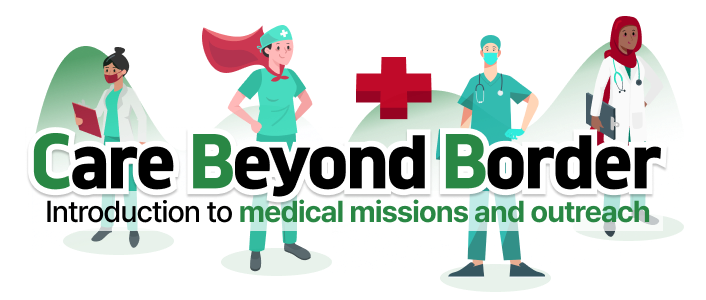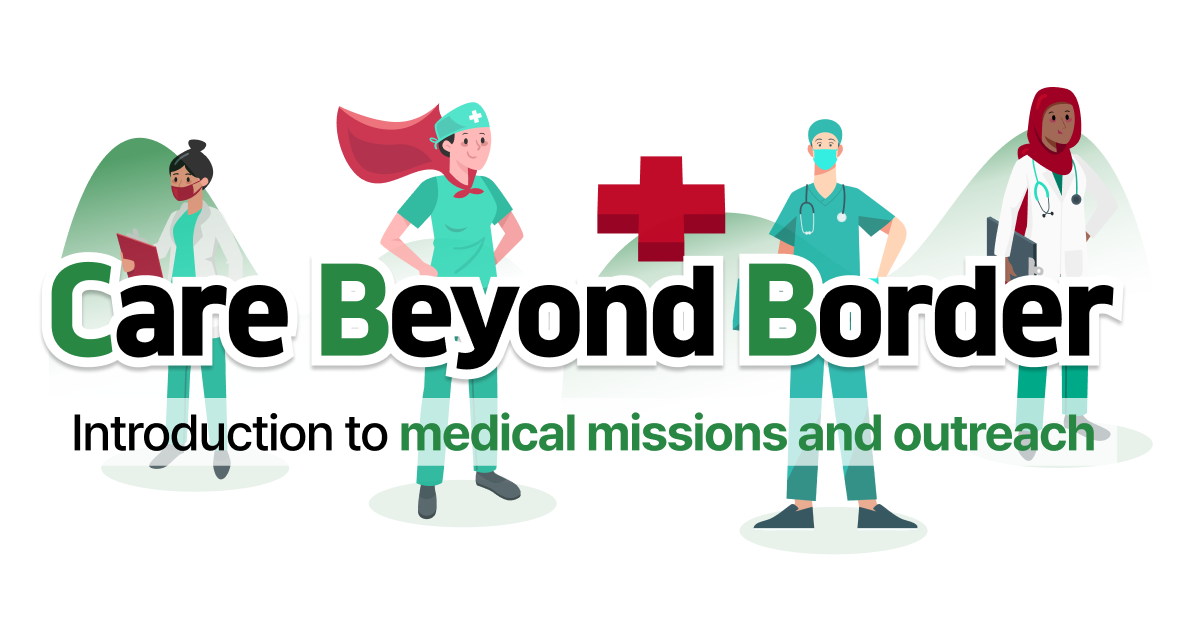Georgia Tech's $40M Medical Mission Brings Hope to Regenerative Medicine
Georgia Institute of Technology has embarked on a groundbreaking journey that promises to transform the landscape of regenerative medicine. This transformation is driven by a staggering $40 million award from the Marcus Foundation, with an initial investment of $20 million. The goal is ambitious: to make high-quality, life-saving cell therapies affordable, reliable, and accessible like never before.
A Vision Sparked by Bernie Marcus
One of the last acts of philanthropy by Bernie Marcus, co-founder of The Home Depot and a visionary entrepreneur, this initiative seeks to forge a new era for healthcare. Before his passing in November 2024, Marcus personally engaged Georgia Tech President Ángel Cabrera to spearhead this mission. During a pivotal discussion at Marcus's home in Boca Raton, Florida, he issued a challenge: leverage Georgia Tech's engineering prowess to revolutionize cell therapies, making them cost-effective and accessible while developing cures for diseases that have long been deemed incurable.
Reflecting on this encounter, Cabrera expressed the profound impact of Marcus's vision: "I'll never forget my conversation with Bernie. His challenge to Georgia Tech was clear: Use our engineering expertise to make cell therapies more accessible and cost-effective and develop cures for incurable diseases."
This award not only fulfills Marcus's aspirations but also reinforces a shared belief in the transformative power of innovation and technology to revolutionize healthcare.
Advancing Research at the Marcus Center of Excellence
At the heart of this initiative is Georgia Tech's Marcus Center of Excellence for Cell Biomanufacturing. Previously known as the Marcus Center for Therapeutic Cell Characterization and Manufacturing, this center has been at the forefront of bioengineering potential cellular cures for over seven years. The newly secured funding will accelerate research at the center and bolster efforts within the National Science Foundation-funded Engineering Research Center in Cell Manufacturing Technologies, commonly known as CMaT.
A major focus of the research is developing automated bioreactor systems that could potentially eliminate the costly need for cleanrooms, thereby significantly reducing production expenses.
Johnna Temenoff, Director of Marcus/CMaT, likened the current state of cell therapy production to the infancy of the automobile industry. She explained that the injection of funds would allow her team to transition from labor-intensive, handcrafted production methods to a more efficient assembly-line approach.
Temenoff stated, "I firmly believe that for us to make good on the promises of these biotechnologies to improve healthcare worldwide, we must be able to manufacture them in a more reproducible and cost-effective manner. Georgia Tech's distinctive strength lies in our engineering expertise, allowing us to tackle difficult biological problems."
Building Georgia's Bioeconomy
The implications of this award extend far beyond the confines of the laboratory. The economic ripple effect promises to significantly boost Georgia's bioeconomy, potentially transforming the state into a hub for advanced therapy development and biomanufacturing. This could, in turn, attract numerous jobs and top-tier talent to the region, fostering an ecosystem ripe for innovation and growth.
The concept of cells as "living drugs," as described by Dr. Jonathan Simons, chief science officer and medical director of the Marcus Foundation, encapsulates the groundbreaking nature of this endeavor. Simons emphasized that this technology is not just about producing medication; it represents a paradigm shift—a new frontier in pharmacology and the pharmaceutical industry.
Creating a New Frontier for Pharmacology
"This is life-extending, lifesaving, and life-changing material," Simons elaborated. "It's not like making a drug like penicillin or Tylenol. This is not like a little blister pack of pills. This is a whole new frontier for pharmacology and the pharmaceutical industry."
The investment from the Marcus Foundation is just one chapter in both the institution's and Bernie Marcus's enduring commitment to biomedical research and innovation. From its inception, the Foundation has consistently supported initiatives that push the boundaries of biomedical engineering at Georgia Tech.
Reflecting on what Marcus might have said about this investment, Simons remarked, "I think Bernie would say, 'I'm not interested in my legacy. I'm interested in how many patients in five years will benefit from this $40 million effort. It's all about lives changed, lives saved, and diseases ended.'"
Looking Ahead
Georgia Tech's venture into cell and gene therapy biomanufacturing, buoyed by the Marcus Foundation's substantial investment, stands as a testament to the potential of collaborative innovation and unwavering dedication to advancing human health. As these efforts continue to unfold, they hold the promise of delivering not just local but global healthcare solutions, transforming hope into tangible reality for countless individuals and families affected by life-threatening diseases.
For more information about Georgia Tech's pioneering research in cell and gene therapy biomanufacturing, interested parties can explore further at their dedicated research platform, offering insights into the future of regenerative medicine.
출처 : Original Source

